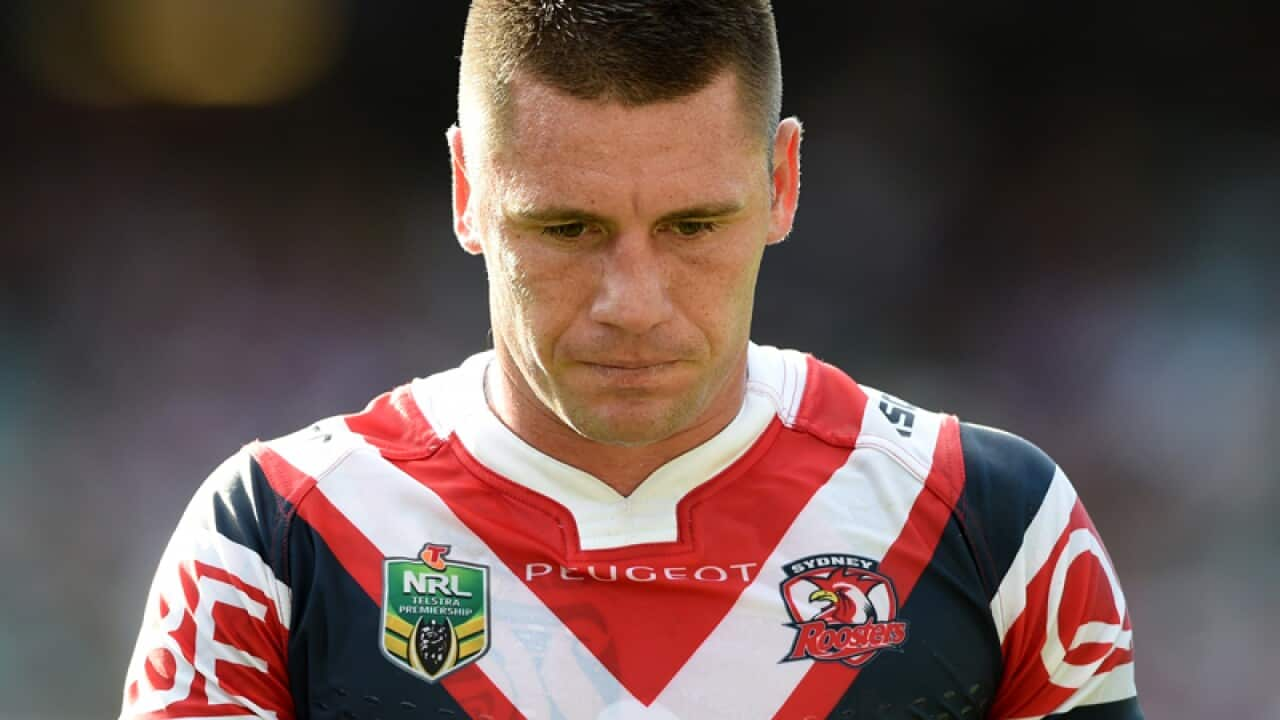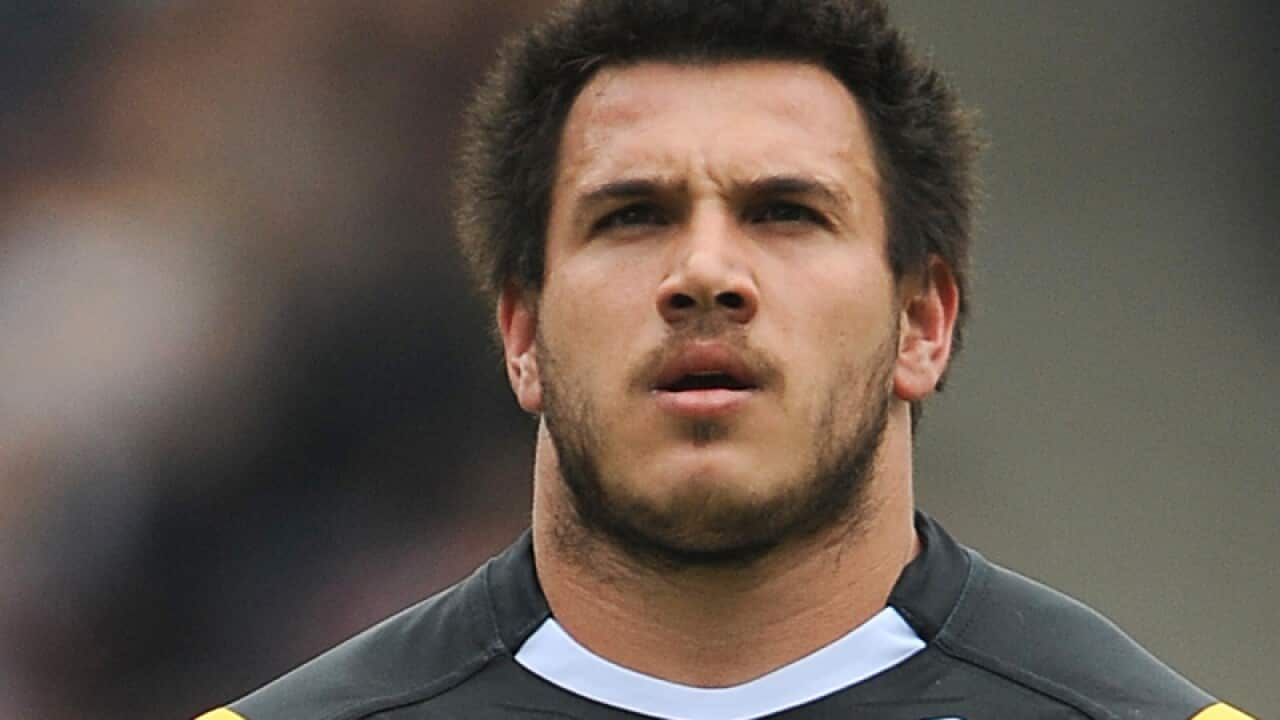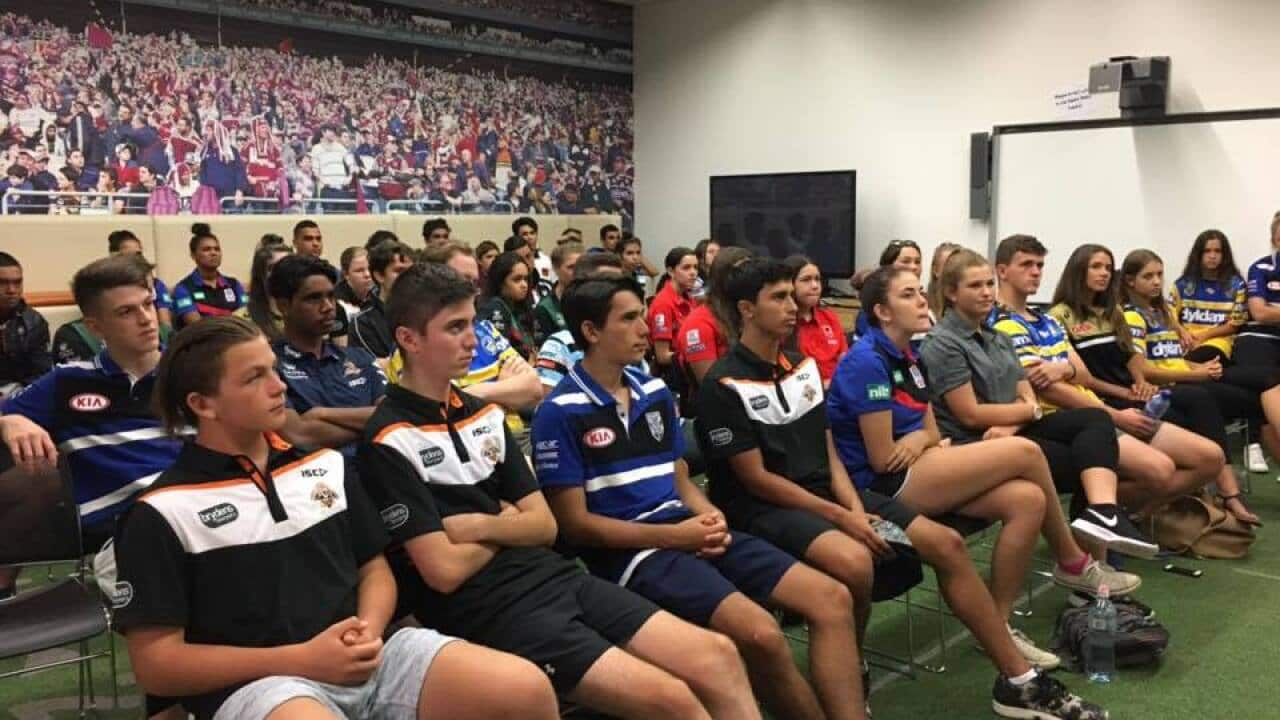Despite having kicked off just last night, this year NRL's Indigenous Round has already been shrouded in controversy.
At last night's Bulldogs Cowboys game, Advance Australia Fair was sung in both the Dharug language and then in English.
A NRL spokesperson had confirmed to NITV News on Thursday that two verses from Seekers singer Judith Durham’s reworked anthem were going to be played in a pre-recorded video package accompanied with the song’s lyrics, but this didn’t make the television broadcast.
Some people in the Indigenous community believe the current national anthem doesn’t represent all Australians.
Labor Senator Linda Burney told NITV News for her, having alternative versions being played wasn’t “controversial”.
“The whole idea of having the Judith Durham version of the anthem played is to show people that there is another way you can think about the national anthem. The national anthem means different things to different people; some people like it, some people don’t like it.”
Ms Burney explained that many Aboriginal people feel offended by the phrase “for we are young and free”, because it disregards the antiquity of Australia’s First Peoples.
“We are not a young country, and we should be proud of the ancientness of the Australian mainland and also of Aboriginal culture, and that’s what the Judith Durham version celebrates,” she said.
“In no way it undermines the present national anthem.”
On Friday, the Sydney Morning Herald reported not all Aboriginal and Torres Strait Islanders were happy about the decision to include Durham’s version.
The article quoted Stan Grant saying: "it really complicates and politicises a round that's meant to be celebrating the achievements of Indigenous players."
"If you're going to play alternative anthems, you are inviting this type of politicisation,” Grant said.
The Sydney Morning Herald pointed out “broadcasters Channel Nine and Fox Sports have strongly advised the NRL against it, forecasting its divisive nature. However, Nine are expected to show it briefly before Friday night's broadcast.”
Ms Burney says there are many views.
“It’s been a mixed reaction. I’ve heard some positive things. Of course, it was up to clubs how they wanted to manage the national anthem. Some clubs had planned to sing the national anthem in their traditional language, and they’re going ahead and doing that… which is just wonderful. Some clubs are going to sing the national anthem in English, and also have the Judith Durham version of the anthem spoken by Judith Durham on the big screen.”
For Ms Burney, the most important thing is not to lose sight of the importance of the Indigenous round and its efforts to be inclusive.
“All the clubs have come on board to celebrate the Indigenous round. And of course, it’s an important year. We’re using the theme of Recognise; it’s the 50th anniversary of the 1967 Referendum, players know that, and everybody is absolutely thrilled about the success of the round,” she said.
“I want for people to take away a feeling that this is for everyone to share.”
Ms Burney also believes the role played by the NRL in the Indigenous community is far reaching, and not just confined to the playing field.
“Everyone… The [Aboriginal] and non-Aboriginal players and the clubs understand just how important rugby league is to the Aboriginal community… and also how instructive the national rugby league can be in pursuing things like literacy, numeracy, health outcomes, obesity and some of the really important social justice issues that face Indigenous Australia.”
“It’s not just the Aboriginal players that are proud about this; it’s the non-Aboriginal players as well. I’ve spoken to some of them and they’re just so happy to wear the jersey and to celebrate Aboriginal Australia.”
For her, the Indigenous round is for all Australians to share the pride in Aboriginal culture.
Beyond the anthem debate, Ms Burney’s message is simply to “come out and support your team!”.














